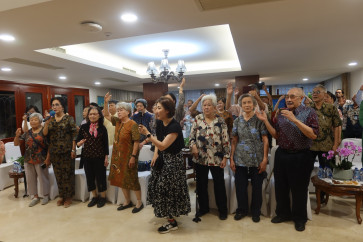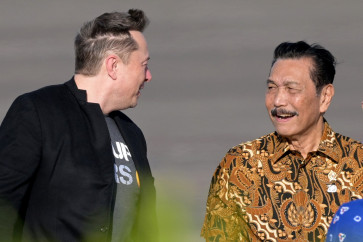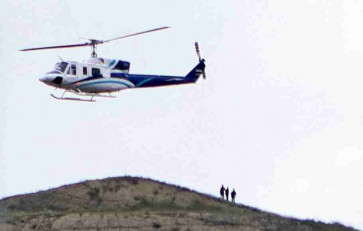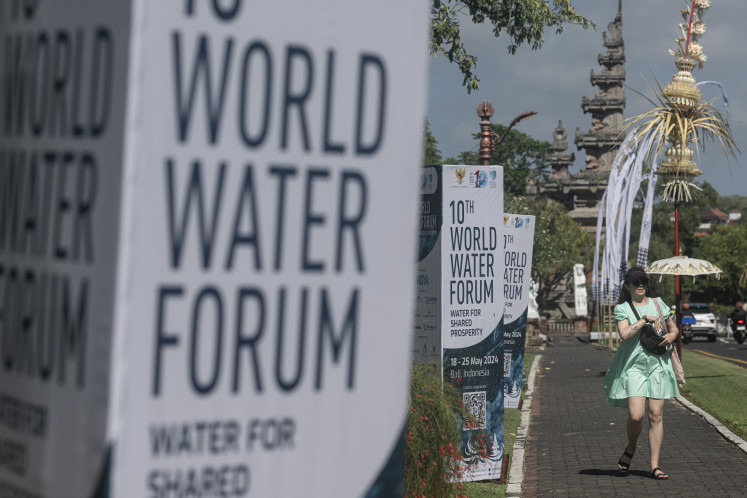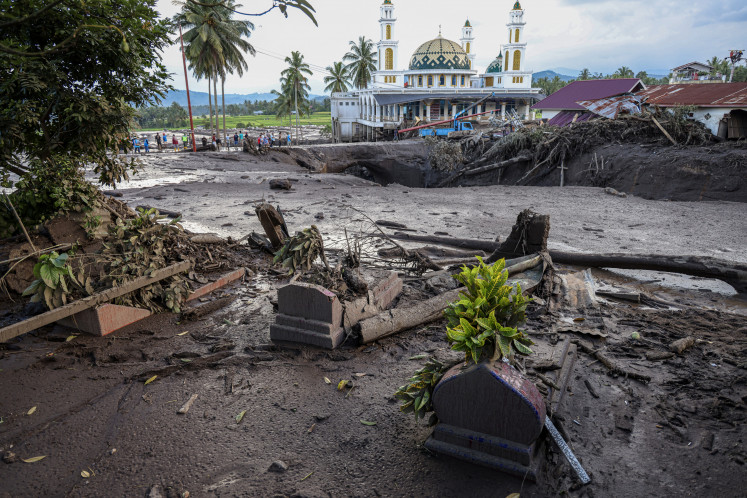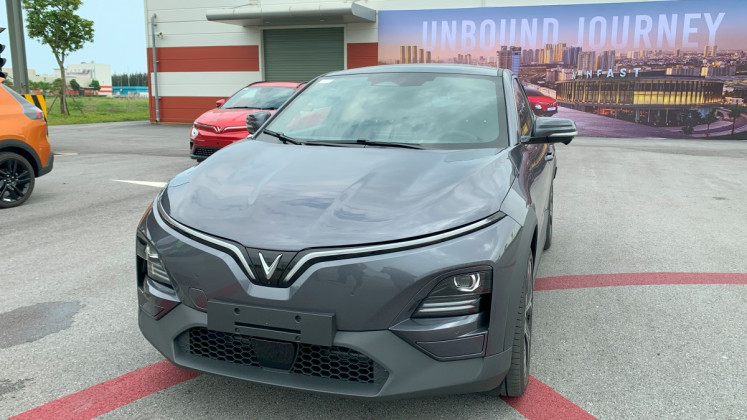Land restrictions put brakes on MP3EI growth
With Rp 4,000 trillion (US$405 billion) of planned investment before 2025, the Masterplan for the Acceleration and Expansion of Indonesian Economic Development (MP3EI) sounds extraordinary
Change Size

W
ith Rp 4,000 trillion (US$405 billion) of planned investment before 2025, the Masterplan for the Acceleration and Expansion of Indonesian Economic Development (MP3EI) sounds extraordinary.
Two years since its launch, however, progress still goes at a snail's pace and land issues remain a major hurdle.
The Sei Mangke special economic zone in Simalungun, North Sumatra is a clear example of the complicated problems of developing an integrated industrial estate.
In 2011, the year the masterplan was launched, Simalungun refused to convert the status of the land from agricultural to commercial and consumer goods giant Unilever, one of nine investors, considered withdrawing. The administration finally approved the change last year, but the National Land Agency (BPN) has still not rubber stamped the change, and uncertainty reigns.
In spite of the uncertainty, Unilever is moving ahead with preparations on plans to build US$110 million of integrated palm-oil plants.
Investors including palm oil refiners, fertilizer and biomass producers, have bought 150 hectares area of the total 2,000 hectares allocated for the new zone.
Latif Adam, an economist with the Indonesian Institute of Sciences (LIPI), believes that without significant reform, land issues will keep impeding the development of the industrial estates.
'Strict regulations are necessary to help development in such zones. The problem largely lies with the bureaucracy and administrative problems often hinder the private sector from moving ahead,' Latif said. Poor institutional capacity and overlapping authority between central government and regional administrations worsen the situation.
Dedi Mulyadi, man in charge of this kind of zone at the Industry Ministry acknowledges that land issues are one of the main bottlenecks.
'In the case of Sei Mangke, we've tried to clear the status of the land, which is now in the authority of the BPN, and it's still in process,' he pleaded.
The industry ministry is in talks with the land agency to revise a regulation that limits the size of areas for development which hampers expansion.
The proposed cap is 1,000 hectares, which is a better reflection of current needs, according Dedi.
Under the regulation issued in 1999, businesses can only develop 400 hectares in any one province and 4,000 hectares nationwide. The regulation has been a problem for businesses like Wilmar Group, which developed Dumai Industrial Park in Riau.
Tanmin, general manager of Dumai's Wilmar Group, said that while the aim was to develop the 1,000 hectares already secured, it could not, having already reached 400 hectares in the province.
'Unless the regulation is revised, we cannot accommodate new interests from investors,' he said, citing power generation, biomass and palm oil refineries as new investment proposals.
Dumai Industrial Park hosts seven tenants, particularly in palm oil, including Wilmar Nabati Indonesia and Ciliandra Perkasa, and has 40 MW power plants, a port, a palm oil terminal with an annual capacity of 270,000 tons, water treatment and waste water treatment facilities.

